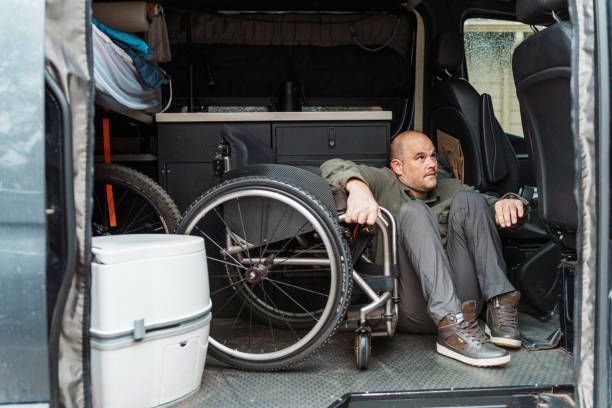In-Home Care
In-Home Care
The National Disability Insurance Scheme (NDIS) role of a person providing In-Home Care for participants typically involves supporting individuals with disabilities to live as independently and comfortably as possible in their own homes.
The specific responsibilities can vary based on the participant's NDIS plan, goals, and personal needs but generally include the following:
1. Personal Care
- Assisting with daily personal hygiene (bathing, dressing, grooming, toileting).
- Supporting participants with mobility, including transferring and positioning.
- Helping with medication reminders or administration if required.
2. Domestic Assistance
- Cleaning and maintaining the home environment.
- Laundry and ironing.
- Grocery shopping and meal preparation according to dietary needs or preferences.
3. Companionship and Emotional Support
- Providing social interaction to reduce loneliness or isolation.
- Engaging in activities that the participant enjoys, such as games, reading, or hobbies.
- Offering emotional encouragement and support.
4. Assistance with Community Participation
- Helping participants access community services and activities.
- Accompanying participants to appointments, events, or recreational activities.
5. Supporting Individual Goals
- Assisting participants in achieving goals outlined in their NDIS plan, such as improving daily living skills or increasing independence.
- Encouraging skill development in areas like cooking, cleaning, or using public transport.
6. Safety Monitoring
- Ensuring the participant's living environment is safe and hazard-free.
- Responding appropriately in case of emergencies (e.g., falls or medical issues).
7. Documentation and Reporting
- Keeping accurate records of services provided.
- Reporting any changes in the participant's condition or circumstances to the appropriate stakeholders (e.g., NDIS plan manager or family).
Qualities and Skills Required:
- Strong understanding of the NDIS framework.
- Empathy, patience, and good communication skills.
- Ability to work independently and responsibly.
- Knowledge of participant rights and a commitment to promoting dignity and respect.
Compliance and Training
- Adherence to the NDIS Code of Conduct.
- Completion of relevant training, such as First Aid, Manual Handling, and NDIS Worker Orientation Module.
- Undergoing background checks, such as a Working With Children Check (WWCC) or a National Police Check.
The role is integral to helping NDIS participants live fulfilling and independent lives while maintaining their dignity and preferences.





